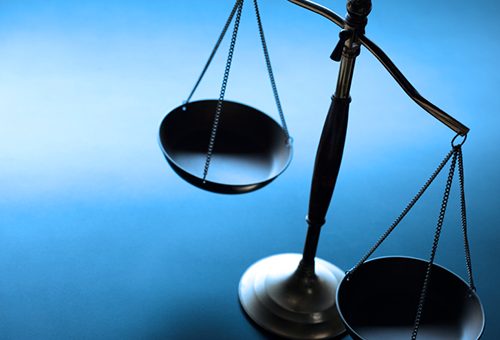
INVESTMENT FRAUD PRACTICE
Securities and Financial Fraud Practice
Trade Libel
PRACTICE AREAS
The Lanham Act prohibits false or misleading advertising that does, or has the potential to, deceive a significant number of consumers. Where a statement is literally false, court have held that a plaintiff need not prove what effect the statement had on consumers. Literally false statement are presumed to be deceiving. In the case of literally true, but misleading, statements, a plaintiff needs to prove that the statement has deceived, or has a tendency to deceive.
A literally false statement is generally one that is specific and can be measured. But they can appear quite innocuous. For instance, in Cocoa-Cola Co. v. Tropicana Products, Inc., the Second Circuit considered an orange juice advertisement showing an orange being squeezed directly into a carton. The court held that the advertisement was literally false, because in fact, the juice was heated or sometimes frozen before packing.
But the Lanham Act does not apply to statement s which are mere “puffery”. Puffery is characterized as (a) a boastful statement upon which no reasonable buyer would be justified in relying, or (b) q general claim of superiority that is so vague that it can be only understood as no more than an opinion.
Generally speaking, the more a statement is seen as specific and measurable, the more likely it will not be viewed as mere puffery.
Generally speaking, only competitors have standing to challenge false or misleading advertising. But the remedies for a successful plaintiff can be powerful. First, the threshold for obtaining injunctive relief to stop false advertising is quite low. Since literally false statements are presumed to be deceptive, such injunctive relief is almost automatically granted in false statement cases. Where a defendant’s conduct was willful or done in bad faith, a plaintiff may be awarded defendants’ profits, or treble damages, and attorney’s fees.
Trade Libel
Commercial defamation involves a derogatory and false statement made about the plaintiff or its products made to a third party that causes injury to a plaintiff. It shares elements of a Lanham Act claims, including the fact that mere “puffery” is not actionable trade libel. But unlike a claim for false statements under the Lanham Act, trade libel does require a plaintiff to prove injury. And a trade libel plaintiff will not be eligible to recover its attorneys’ fee, unlike a Lanham Act plaintiff. One of the main differences between the Lanham Act and commercial defamation is that a Lanham Act claim does not necessarily require reference to a competitor’s product, whereas a trade libel claim will always involve a false claim about the plaintiff’s product.

CONTACT
3000 El Camino Real
Bldg. 4, Suite 200
Palo Alto, CA 94306
pjn@lexanalytica.com
PRATICE AREAS
Trade Secrets | Trade Dress | False Advertising | Trade Libel | Founder Disputes
